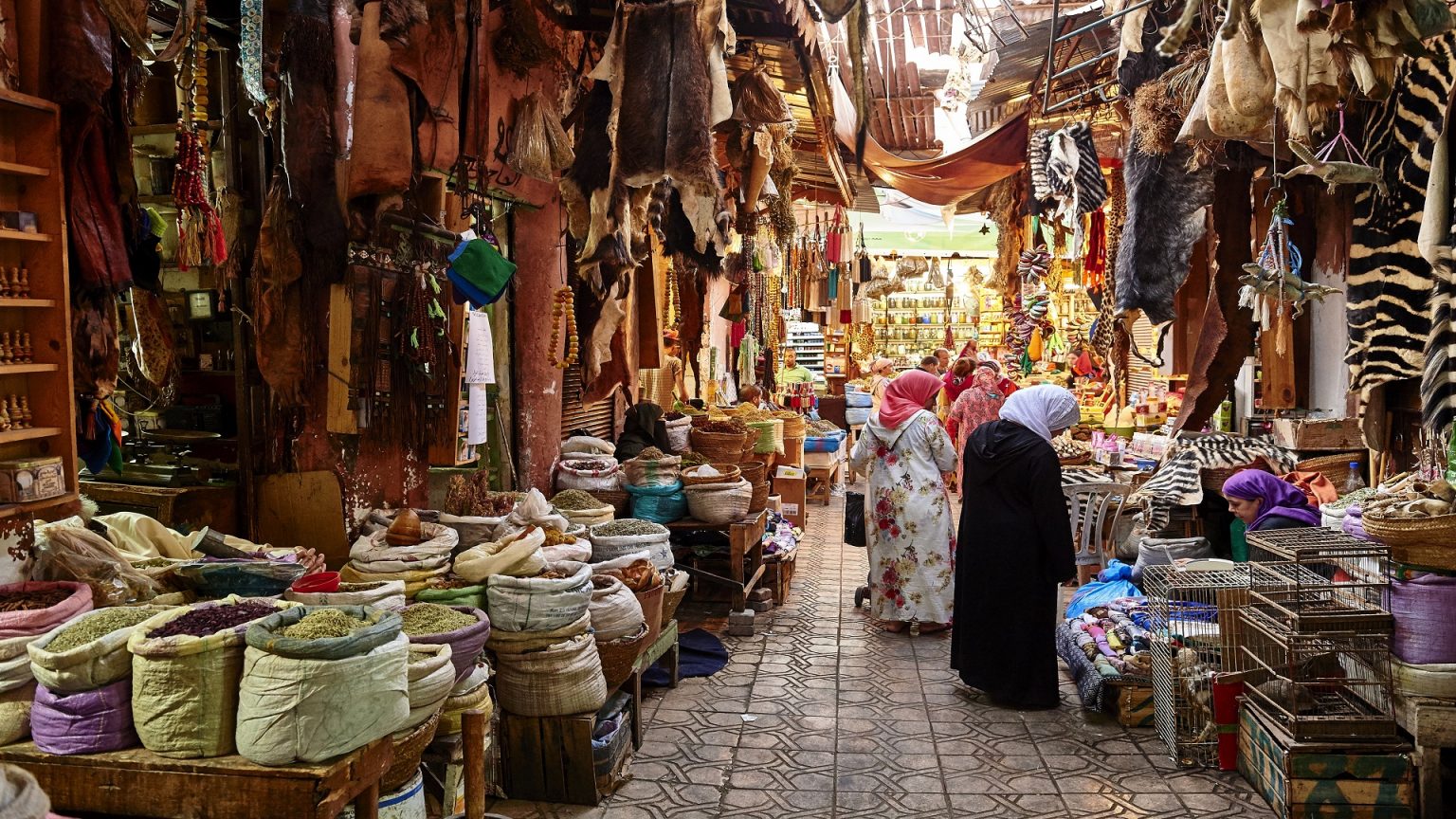Inflation rate in Morocco has risen by 0.1% on an annual basis during March, and by 0.2% on a monthly basis, the High Commission for Planning of Morocco said.
The authority attributed this increase mainly to the 1.4% increase in food prices.
Excluding food, the inflation decreased by 1.8%. Food prices increased by 1.4%. Inflation increased by 0.2% compared to the previous month.
Inflation In Morocco
The core inflation index, which does not include volatile commodity prices, rose 0.1% from a month ago, and rose 0.7% year-on-year.
Before the holy month of Ramadan, poultry prices did not stop rising after the increase in feed prices on the global markets. In addition, the increase in demand before Ramadan led to big jumps in chicken prices.
In turn, the President of the National Association of Chicken Breeders, Mohamed Abboud, confirmed to the New Arab, London-based newspaper, in a statement that the price of poultry in the wholesale market in Casablanca reached at the beginning of April 13.5 dirhams per kilogram. This explains its rise in the retail market, as it jumped to about 15 dirhams per kilogram in recent days.
It is noteworthy that the wide and prolonged closures in Morocco affected the incomes of families and companies. This led to the re-arrangement of consumer priorities, amid government efforts to stimulate consumption and increase demand.
Economic recovery
In a related context, thousands of jobs were lost by the labor market in Morocco and pending economic recovery. Most of these businesses have not returned to the market since the outbreak of the pandemic.
The International Monetary Fund expected the modest economic growth during the current year will not bring back the jobs that used to be in the market before the pandemic, at a time when the Moroccan economy is still in need of recovery.
It should be noted that Morocco’s economy recorded a contraction of 7% last year due to the damage to the tourism sector by the pandemic. The latest economic growth projections in Morocco indicate that this year will record a level of 4.5%.
IMF also expects the unemployment rate this year to reach 10.5% in Morocco, after it reached 11.9% last year.
The Moroccan economy, under the impact of the pandemic and drought, lost 432,000 jobs, which raised the number of unemployed to 1.43 million.























































